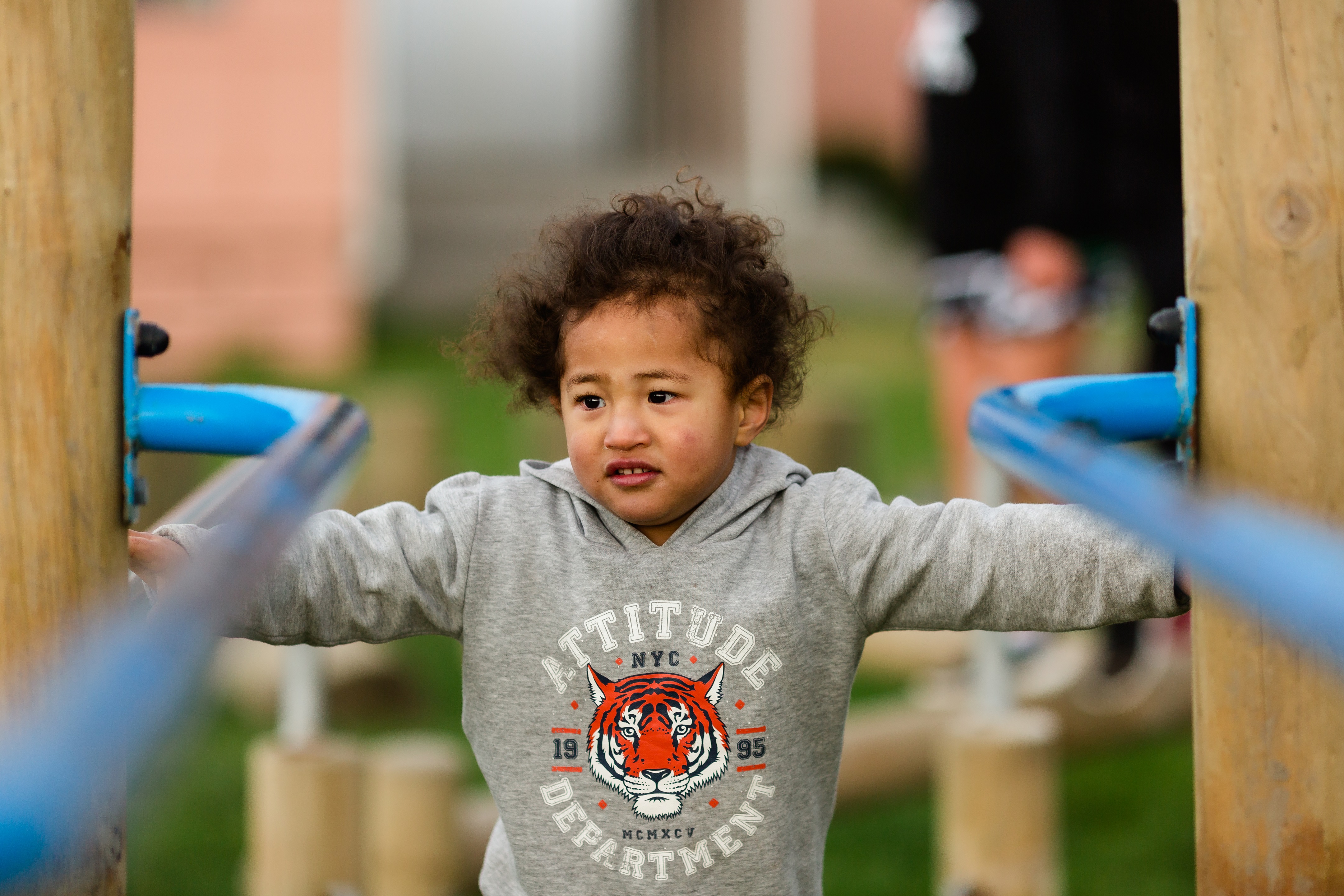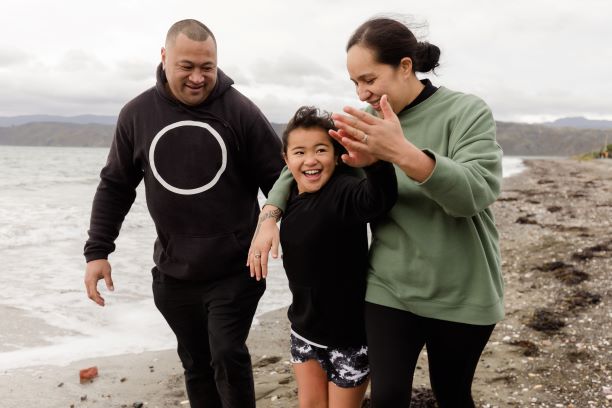Surrogacy and adoption
When a tamaiti is born by IVF to a surrogate mother in Aotearoa New Zealand or overseas, the intending parents must apply to adopt the tamaiti in order to become their legal parents.

Surrogacy and legal parental rights in Aotearoa New Zealand
If you’re considering having a pēpi with the assistance of a surrogate mother, it’s important to understand that under Aotearoa New Zealand law you will not have any legal parental rights unless you adopt the tamaiti. At the time of birth, the child’s legal parents will be the surrogate mother and her partner, if she has one. To be a legal parent, the partner must have consented to the surrogacy arrangement.
It’s in the best interest of te tamaiti to have a legal relationship with the parents who will be raising them. Therefore you’ll need to apply to adopt your tamaiti through the New Zealand Family Court, so the parental rights can be transferred from your surrogate mother and her partner, to you.
Surrogacies arranged in New Zealand
In Aotearoa New Zealand, surrogacies are an altruistic arrangement on the part of the surrogate mother and it’s illegal to pay her more than her reasonable expenses.
Some surrogacies occur by in-vitro fertilisation (IVF) and are arranged through a fertility clinic. These surrogate arrangements need to be approved by the Ethics Committee on Assisted Reproductive Technology (ECART), to make sure the surrogacy arrangement is in the best interests of the tamaiti. As part of this process, you’ll need to be assessed by us and approved as suitable adoptive parents.
IVF surrogacy arrangements need to be approved by ECART.
Read the ECART guidelines for surrogacy
Some traditional surrogacies, where the surrogate mother’s egg is used, are completed privately and don’t involve a fertility clinic and ECART. But you’ll still need to complete an adoption order for the tamaiti to have a legal relationship with you.
Assessment report
As with all adoptions, you’ll need to be approved by us as a suitable adoptive parent to the tamaiti. A social worker will meet with you and make an assessment against set criteria. We’ll also discuss what information will be accessible to the tamaiti about their genetic history, whakapapa, and birth story. You’ll need to provide references and information about any criminal offences. You’ll also need to give permission for us to check police records and our child protection database.
Family Court process
Once the pēpi is born, your lawyer will lodge your application for the adoption with the Family Court. You’ll need to have the consent of the birth mother, and if necessary her partner, before the application can be lodged.
We will be requested by the Family Court to provide a social work report which will form a part of the information provided to the judge at the hearing. The Family Court judge will then consider whether the adoption is in the best interests of the tamaiti. If an adoption order is granted, a new birth certificate will be issued for your tamaiti, and this will include your names.

International surrogacy
International surrogacy, both commercial and altruistic, is a complex and evolving area which raises significant legal and social issues. The birth of a tamaiti to a surrogate mother in one country, where the intending, and often genetic, parents are from another country, involves enormous legal complexities.
In addition to this, surrogate mothers often live in countries where there are weak regulations and laws around surrogacy, and poor health standards. This increases the risk of humanitarian problems — where the surrogate mother and child may be vulnerable, and their rights not well-protected.
Legal advice
If you’re considering an international surrogacy arrangement, we strongly caution you to consider all the risks. It’s important that you get independent legal advice about both Aotearoa New Zealand law and the law of the country where the arrangement will take place. It’s particularly important that you get legal advice about how your tamaiti will exit the country they’re born in.
You must also take care to be guided by the government surrogacy regulations of the overseas country.
Adoption
If your tamaiti has been born via an international surrogacy arrangement, under Aotearoa New Zealand law, you’ll have no legal relationship to your tamaiti at the time of their birth. In all cases, the legal parents are still the surrogate mother and her partner.
To become the legal parents of your tamaiti, you’ll need to apply to adopt them in the New Zealand Family Court. This is important for the legal security of your tamaiti. If you don’t establish this legal relationship, you won’t have any legal parental authority and the tamaiti will have no inheritance rights. Also, in most cases, your tamaiti will only have temporary immigration status in Aotearoa New Zealand and they won’t be entitled to New Zealand citizenship.
Agencies involved
A number of agencies in Aotearoa New Zealand are involved in managing cases where a tamaiti has been born through a surrogacy arrangement overseas. These include Oranga Tamariki - Ministry for Children, Immigration New Zealand, the Department of Internal Affairs, and the Ministry of Foreign Affairs and Trade. The joint-agency approach is outlined in the information fact sheet.
Published: March 13, 2017 · Updated: October 4, 2023

